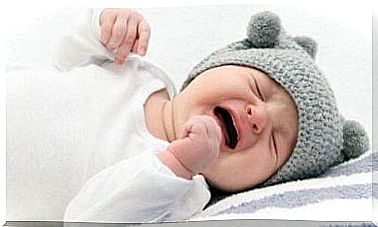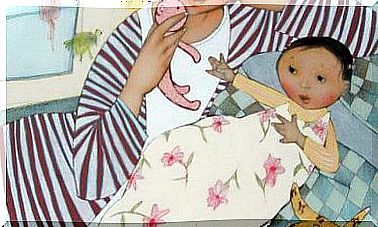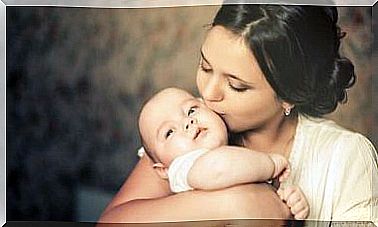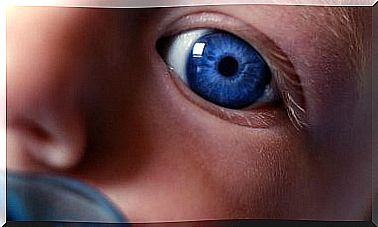5 Psychological Benefits Of Puzzles For Children
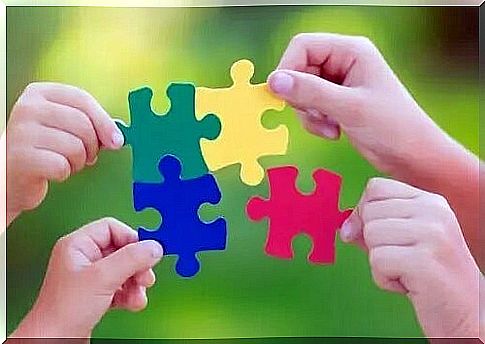
When it comes to the psychological benefits of puzzles for children, we first of all need to look at how important play is for children. Thanks to games and games, children can learn many things in a fun and playful way.
Psychological benefits of puzzles: the importance of play for children
Play contributes to the cognitive, physical, social and emotional well-being of even the youngest children. In fact, the American Academy of Pediatrics claims that play is very important for children’s development. There are few reasons for this:
- It helps to develop a healthy and balanced brain.
- It facilitates interaction with the environment and other people.
- It teaches basic skills and abilities.
- It enhances family relationships when parents and children play together.
- It promotes the acquisition of values and social norms.
All of these reasons show why it is so important to let children have time and space to play. In fact, it is essential for them to grow up happy and healthy.
Psychological benefits of puzzles for children
Children can start playing with puzzles from a very young age. Nowadays, there are actually puzzles for every age on the market.
It actually brings several physical and psychological benefits if you do this activity from the time you are just a few years old. In this way, children develop greater motor and coordination skills.
Furthermore, they also need to develop several cognitive skills to complete the activity and put the puzzle together.
5 psychological benefits of puzzles for children
It develops attention and memory
Puzzles improve children’s ability to concentrate, and it improves their memory. That’s because, they have to pay attention to how the picture was. Next, they need to remember what it looks like, to put all the pieces together.
Therefore, children observe and explore the world around them while preserving and organizing information. Furthermore, they train and develop attention and memory. It is important for children to learn successfully.
Promotes their logical capacity
By playing with puzzles, children develop logical thinking and ingenuity. That is, they learn how to analyze and solve problems.
Furthermore , puzzles require logical knowledge to reason, plan and figure things out. These skills are important for mastering science, technology and mathematics.
Visual and spatial intelligence
Puzzles are games that stimulate visual and spatial intelligence. That is, they learn to represent spaces and images visually. Therefore, children learn how to imagine and rotate three-dimensional objects. Next, they learn to move figures in their minds.
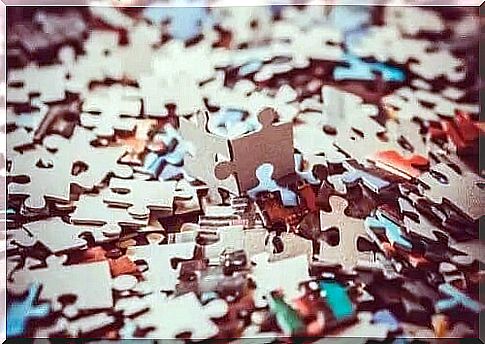
Enhances self-esteem
Playing puzzles involves overcoming a complex challenge. Therefore, when children shape the pictures out of many pieces, they become proud of themselves. It helps them boost their self-esteem by learning that they can achieve the goals they set.
Learn to tolerate frustration
In addition to the psychological benefits of puzzles we have mentioned, puzzles also help children learn how to tolerate being frustrated. When they do puzzles, children will run into trouble when they try to complete it.
Next, they have to overcome this frustration to put it together. That way, children learn to control themselves and think before they act.
Give a child a puzzle and you will give him or her learning and fun.

